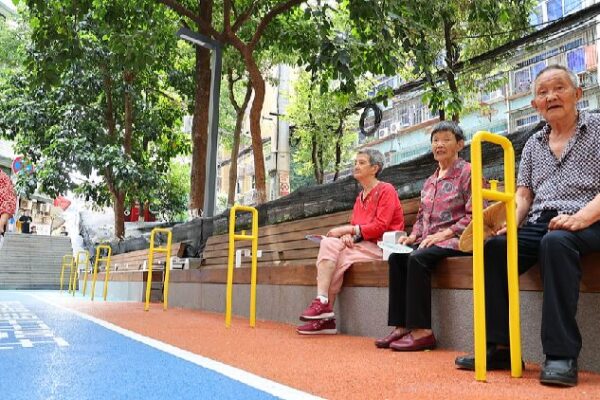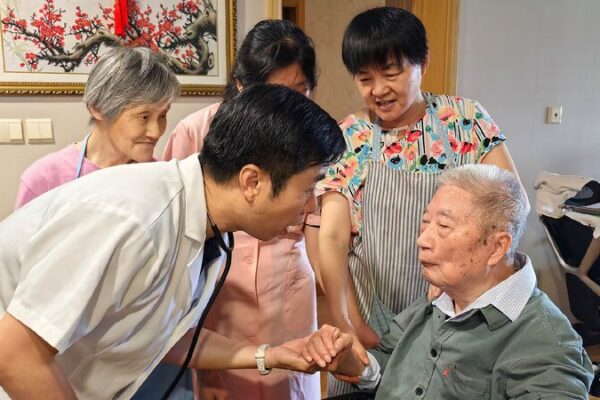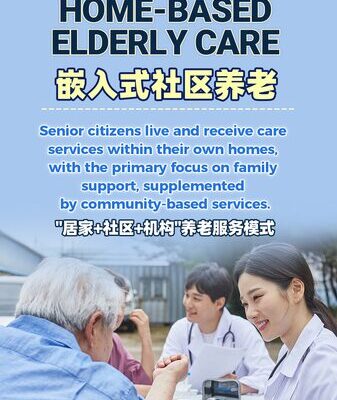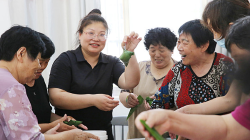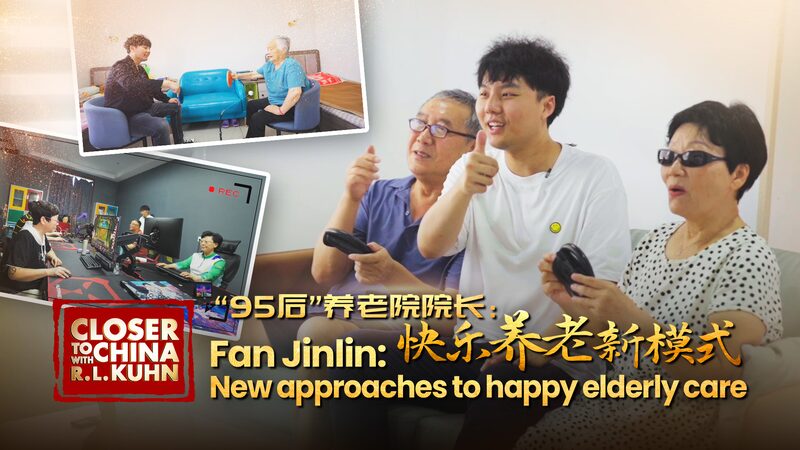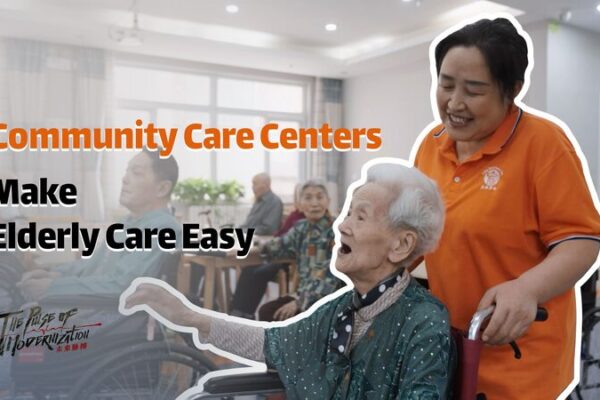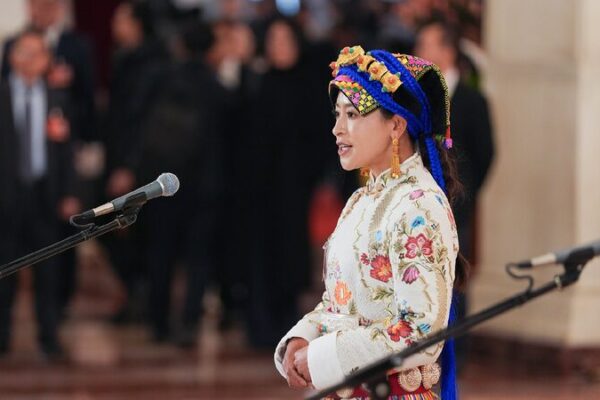BEIJING, China — At just 24 years old, Ma Shuang is at the forefront of a new wave of professionals changing the face of elderly care in China. As an elderly ability evaluator at the Guangming Mountain Senior Nursing Home on the outskirts of Beijing, her role is crucial in ensuring that seniors receive the personalized support they need.
Four times a year, Ma sits down with residents like 81-year-old Mrs. Han, asking questions such as, “Can you dress yourself?” and “Are you able to go to the bathroom on your own?” Through interviews, physical tests, and reviewing medical reports, she assesses their abilities in daily activities, mental state, communication, and social participation.
“The evaluation is much more than just filling out forms,” Ma explains. “It’s about engaging with the elderly, understanding their needs, and creating a sense of trust so they feel comfortable sharing their struggles.”
China is experiencing a rapid increase in its elderly population, with nearly 297 million people aged 60 and above in 2023, accounting for 21.1% of the total population. This demographic shift has amplified the need for specialized care and has led to the recognition of elderly ability evaluators as an official profession in 2020.
Ma’s work is part of a broader effort to develop a comprehensive and efficient elderly care system. Cities like Beijing, Shijiazhuang, and Shanghai have implemented standardized evaluation processes, and provinces such as Liaoning have completed over 80,000 elderly evaluations.
“I’m not just helping to assess their abilities; I’m giving them a voice,” Ma reflects. “For many elderly people, these assessments help them understand their own needs and offer suggestions on how to improve their daily lives.”
With the aging population set to rise, professionals like Ma are essential in ensuring that seniors live their later years with dignity and independence. To meet the growing demand, more universities and vocational schools are offering programs in elderly care and gerontology. By 2023, over 770 higher education institutions in China have introduced related programs.
Ma’s dedication highlights a significant shift in societal attitudes towards the elderly. As she and her peers take on these vital roles, they are not only providing care but also reshaping how society values and supports its senior citizens.
Reference(s):
China's elderly ability evaluators ensure quality of life in old age
cgtn.com

